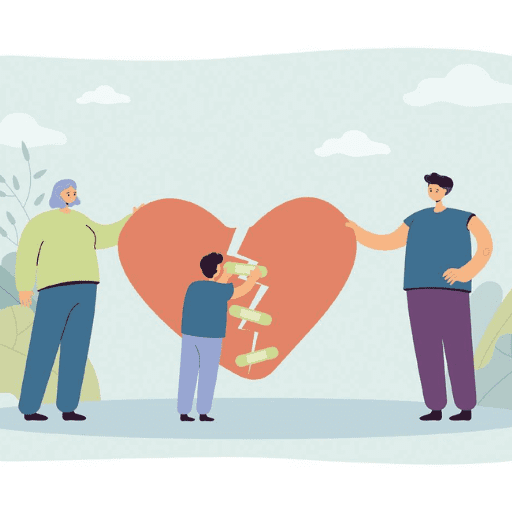“There are an estimated 20.2 million adults every year who are diagnosed with a substance use disorder,” according to Donna McHugh, Vice President of Clinical Outreach at GateHouse Treatment. “And each of those people has a family.”
While only one person may have the disease of addiction, family members and close friends are impacted in a variety of ways. Addiction is a family disease.
“We believe that when someone with substance abuse problems decides to get help, it’s important that the family members seek support too,” Donna says. “We help families understand addiction, learn how to communicate and set boundaries, and what they need to do to care for themselves. Families need to go through recovery, too.”
For a family whose loved one is a client at GateHouse, there are many opportunities to become involved.
According to Mitch Pierce, CEO at GateHouse, “Part of the orientation process is to call the family, to put them at ease that the client actually ‘made it through the door’ and is safe. If you have a loved one who struggles with substances, there are a lot of sleepless nights.”
This call begins a dialogue between the facility and the family which will continue throughout the client’s treatment.
“After the client gets settled into the program for a couple of weeks, we will start to engage the family in sessions with the client,” Mitch says. “The purpose of these sessions is to educate the families on the disease, as well as their role in their loved one’s recovery process, and to help them understand the difference between helping and enabling. How to navigate that fine line.”
From there, family therapy sessions occur in general once a month, and intensive family weekends are held quarterly.
The weekend is “an interactive event,” Mitch explains. “They’re engaging with other families. The ideal outcome is families relating and connecting to one another, and exchanging emails at the end of the weekend.
“It’s an emotional weekend,” he adds. “There should be an emotional experience; if not, we’re not doing our jobs.”
Brian Kiloski, Clinical Outreach Coordinator at GateHouse, who is in active recovery himself, says, “I’m super grateful for the support my family received, especially in the beginning of my journey. Because we separately did the work, and then we did the work together, I‘ve managed to rebuild a healthy relationship within my family. That is the most important thing in my life.
“I’m proud to be in recovery,” he adds, “and through support, my parents are able to tell people that their son is in recovery, which can spark an interest in another family for their loved one to receive help as well. That’s why the family dynamic is so important.”
Brian’s experience has informed his work at GateHouse. “My job is to find proper placement for people,” he explains, and the need is tremendous. “Today I’m working on finding placement for three people,” he says. “I talk with police officers, organizations, help lines, counseling groups, and health care staff. It took a long time to build this network, and it’s invaluable in helping me support the community.”
In addition to GateHouse’s infacility programs, they also offer a free, open-to-the-public educational program called Addiction Is a Family Affair. “Our hope is to do that at least once a month,” Mitch says. “Our goal is to get families to talk to one another.
“We can’t provide services to the client only,” he adds. “We have a duty to be working with the people who are part of this person’s support group out of treatment. We want to set people up for success when they leave here.”
GateHouse Treatment facilities are located in Nashua, NH, and Madison, TN. For more information, visit www. gatehousetreatment.com or call Brian Kiloski at 844-679-2424.



